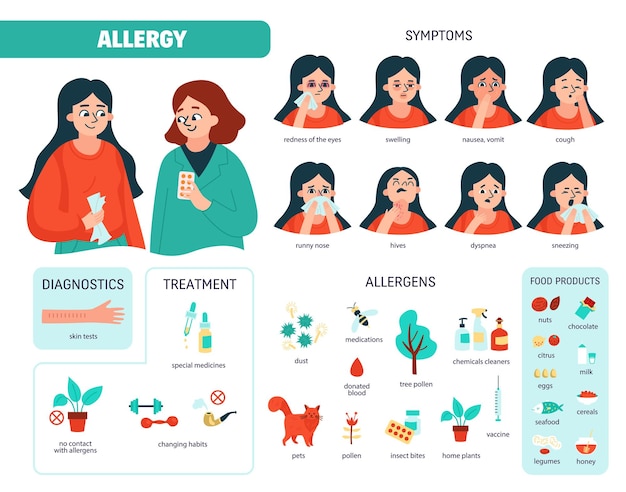
A toothache, whether it’s a pulsing torment during the night or a mild annoyance while eating, is something we shouldn’t ignore. Toothaches can strike without warning and cause significant discomfort. They could stem from a variety of causes, such as an infection in the teeth or gums, and these can result in different symptoms that often confuse people. That’s why some people ignore them while others get overly anxious about the pain.
A tooth infection can also lead to a bunch of other symptoms like a constant mild ache, sharp pain when biting, sensitivity to sweet, cold, or hot foods, tender teeth, jaw pain, swollen gums, foul-tasting mouth, bad breath, pus, and even fever. If the pain goes on or becomes too hard to bear, don’t wait—head to the doctor ASAP for a proper diagnosis. Once your dentist has checked everything out, your toothache may be traced back to any of these common reasons:
1. Fracture: A crack or split in the tooth can create a gateway for bacteria to invade the soft inner part of the tooth known as the dentin. Anything from an accidental fall or hit to long-term wear and tear can cause this. In these cases, the dentist may use glue, veneers, or fillings to treat the fracture, possibly followed up by a crown or root canal.
2. Tooth Decay: This happens when bacteria eat away at the tooth’s enamel, creating cavities. An unhealthy amount of sugar and starchy food consumption are key factors in tooth decay. Remedies include deep cleaning to remove plaque, fillings to cover cavities, and antibiotics to kill infection.
3. Tooth Abscess: When tooth decay gets to the tooth’s inner pulp, it kills it. The bacteria responsible cause a pocket of dead tissue inside the tooth. Treatments can include a root canal treatment, draining the abscess, cleaning the gums, and pain relief through antibiotics. In more serious cases, a dental implant may be needed.
4. Damaged Filling: Everyday activities like grinding teeth or biting hard substances can cause a filling to chip or break. Look for signs of chipping, cracks, wear and tear, or even a filling popping out. Replacing or repairing a filling can fix this.
5. Grinding or Clenching Teeth: Also known as bruxism, this usually happens when you’re asleep. Stress, genetics, or overdeveloped jaw muscles can all lead to tooth erosion which then becomes a gateway for infection. Signs of erosion include small cracks, thinning, sensitivity, rounded edges, and stained teeth. Wearing a mouthguard at night or practicing stress relief techniques can counter these effects.
6. Eruption of tooth: Especially with wisdom teeth, impacted teeth (ones not coming up through the gums properly) can cause great pain or even grow in the wrong direction. The reasons could be crowded or excess teeth in a small space, a primary tooth not yet fallen out, mouth cysts, or genetic conditions. Pain can be relieved with numbing gel or general pain medication, but a proper procedure may be required to make room for the teeth or extract them.
7. Gum Infection: This can be caused by many factors, like poor oral hygiene, bad diet, smoking, hormonal changes, medication side effects, underlying conditions like diabetes, cancer treatments, or even your genes. Severe gum infections can lead to gum diseases like periodontitis, which can cause tooth loss by weakening gums and breaking down the supporting bone, causing painful inflammation. Antibiotics can relieve the pain, and your dentist may recommend regular cleanings to remove plaque. In severe cases, you might need scaling and dental surgery.
8. Loose Crown: The crown supports the tooth after a fracture, crack, or filling. Normal wearing down can loosen the crown, which can leave the tooth susceptible to bacterial invasion and cause terrible pain. A damaged or loose crown is usually replaced with a new one after tackling the infection.
Other reasons could be sinus infections, an abnormal bite, angina, or even food between your teeth. If the pain doesn’t subside in a day or gets worse when eating, consult a doctor right away.


